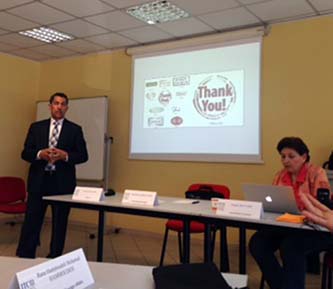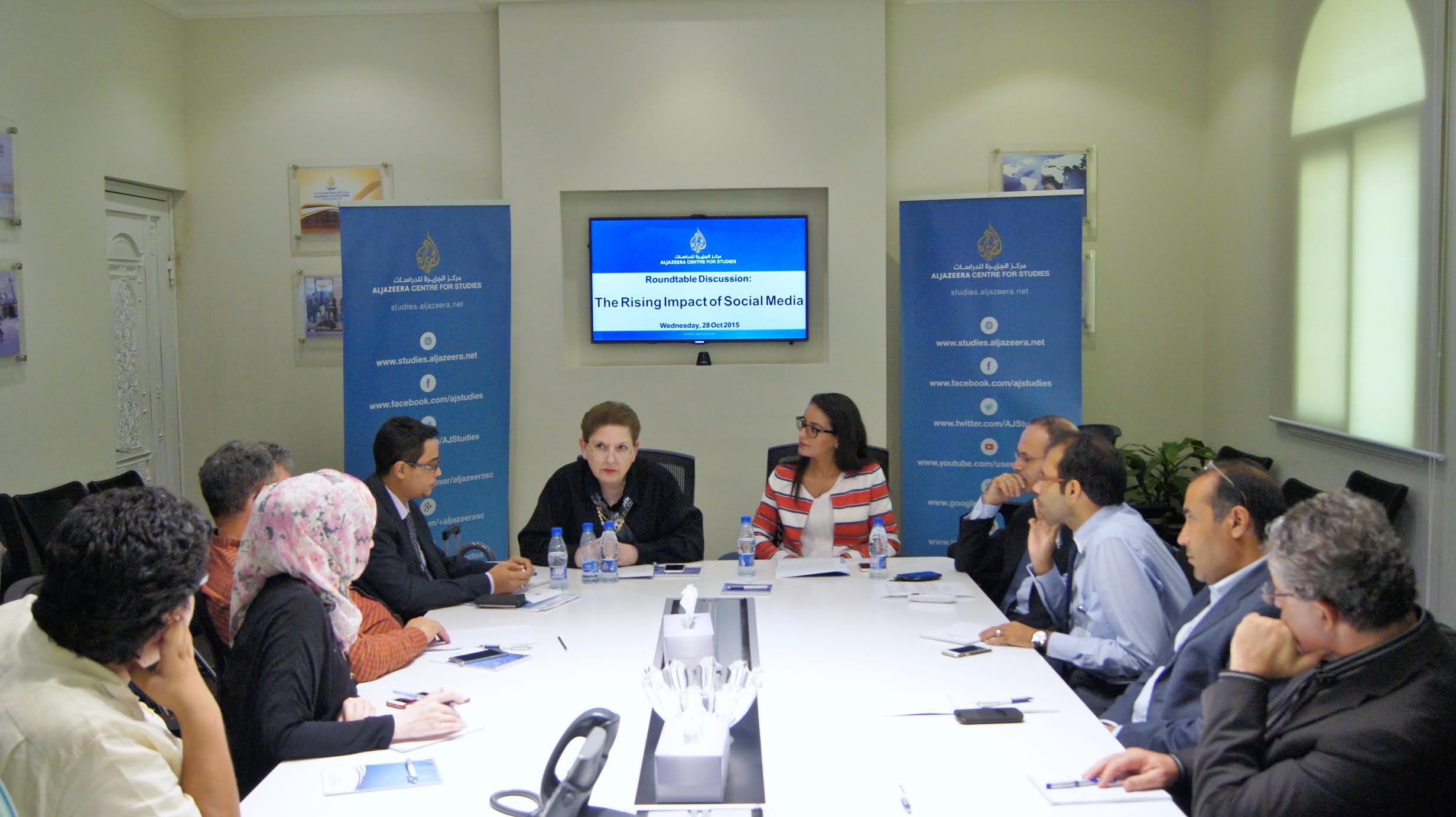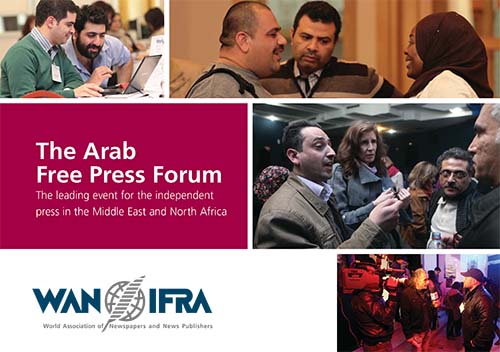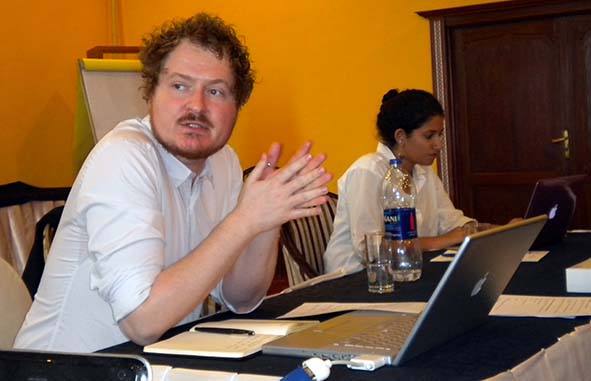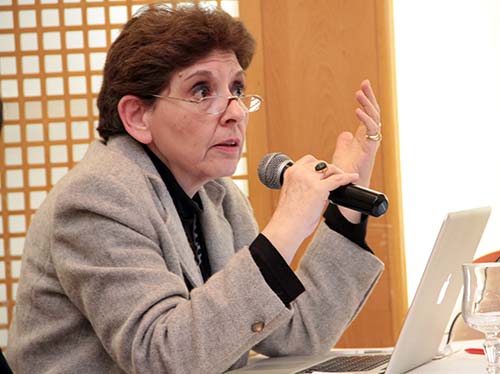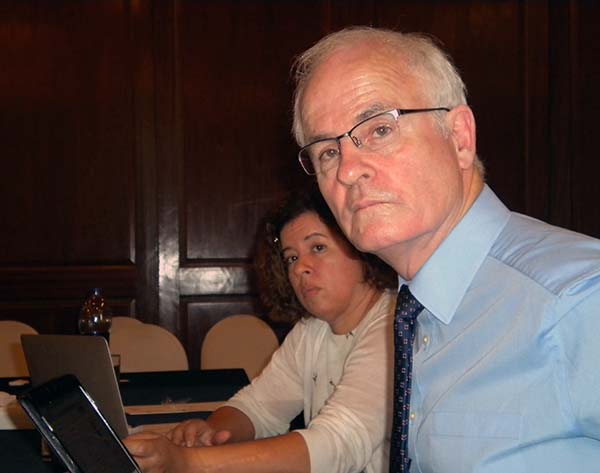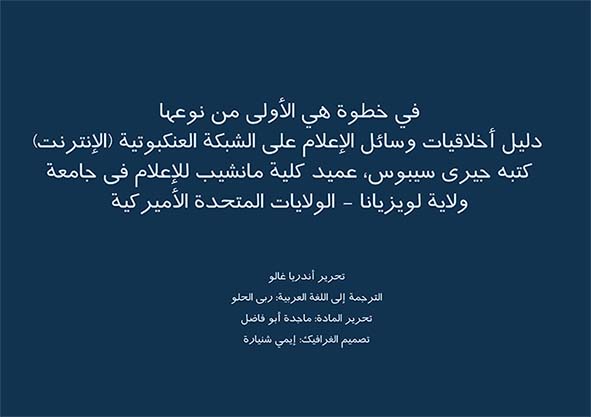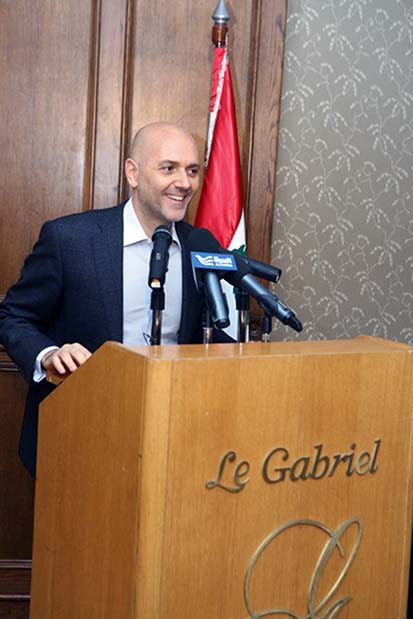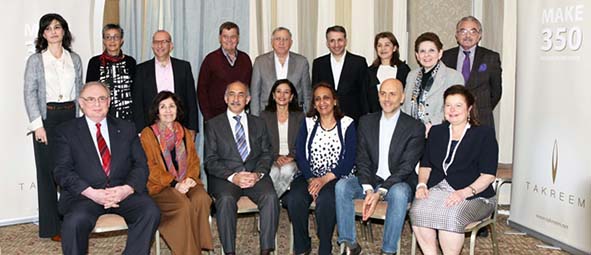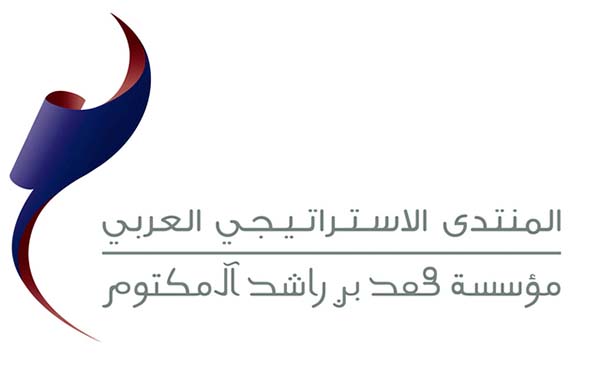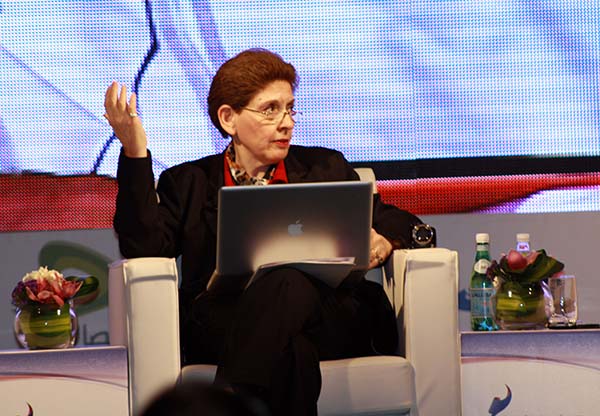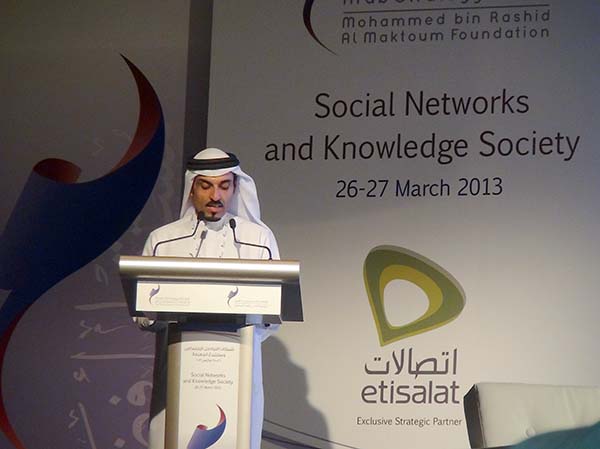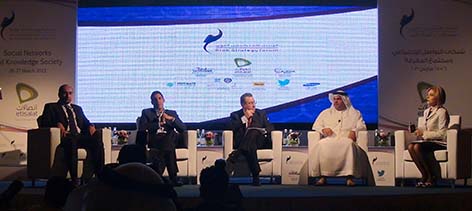Media Unlimited director Magda Abu-Fadil wrote a chapter in “The Assault on Journalism: Building Knowledge to Protect Freedom of Expression.”
The book was edited by Ulla Carlsson and Reeta Pöyhtäri and published in May 2017 by Nordicom at the University of Gothenburg in Sweden.
The chapter, “Journalism Schools Must Include Safety Courses in Curricula,” was based on an urgent call she made at the 2016 UNESCO World Press Freedom Day conference in Helsinki, Finland.
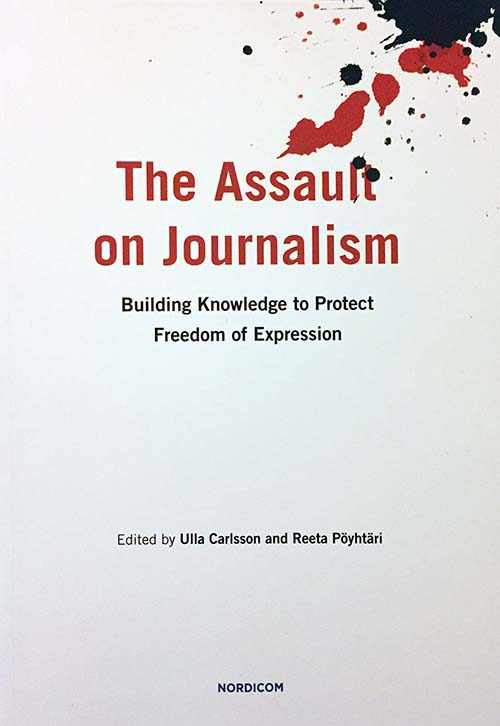
Too many journalists are victims of violence and impunity, and more should be done in academia to prepare media students for the perils they are likely to face.
I urge all faculty members at this conference to incorporate a course on safety for journalists in their curricula. It’s not a luxury; it’s an urgent necessity.
According to the United Nations Educational, Scientific and Cultural Organization (UNESCO), one journalist is killed every five days in the line of duty and the impunity of such acts is unabated.
Unlike the issues of journalism and freedom of expression, journalists’ safety has not been a popular topic of academic research. It has rarely been discussed as a specific research question, much less in practical courses….
The “Model Course on Safety of Journalists” on which she worked is now in print in English and Arabic and will be online on the UNESCO and IFJ websites.


